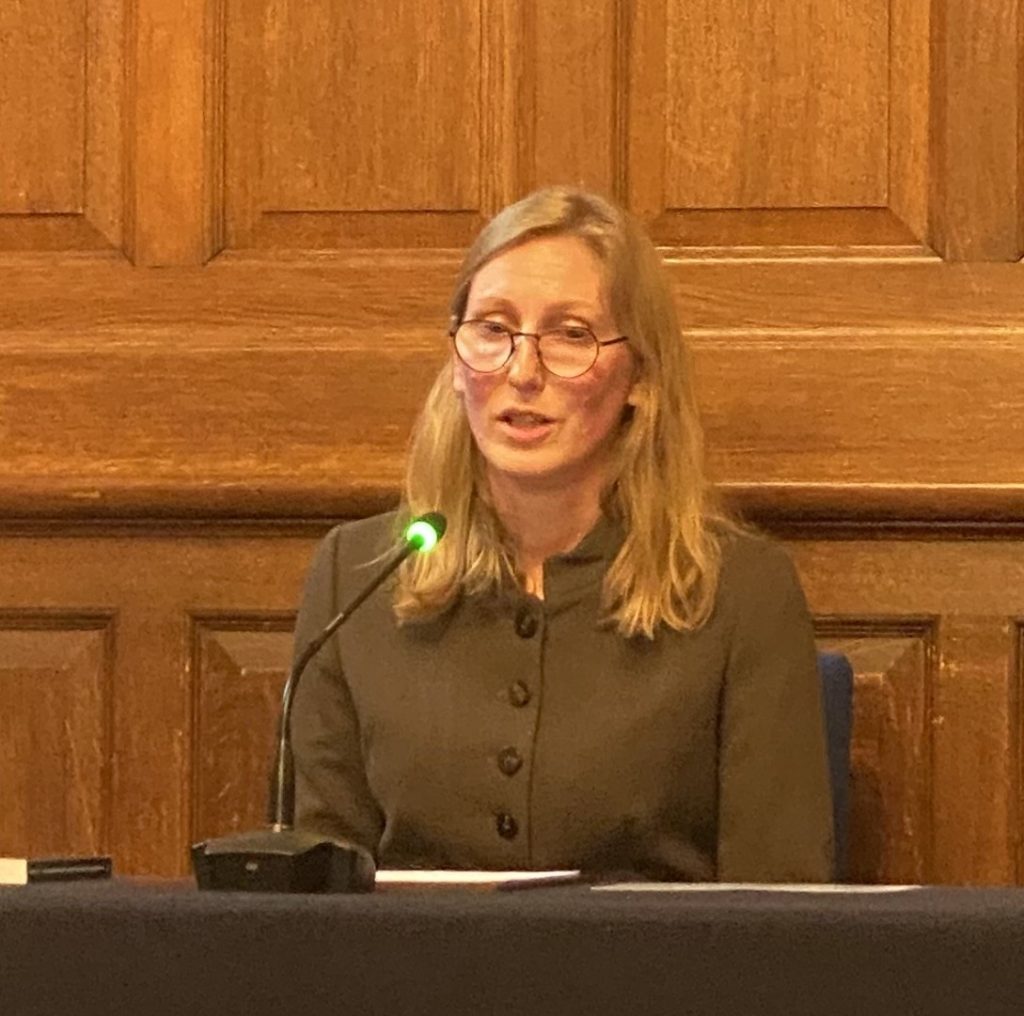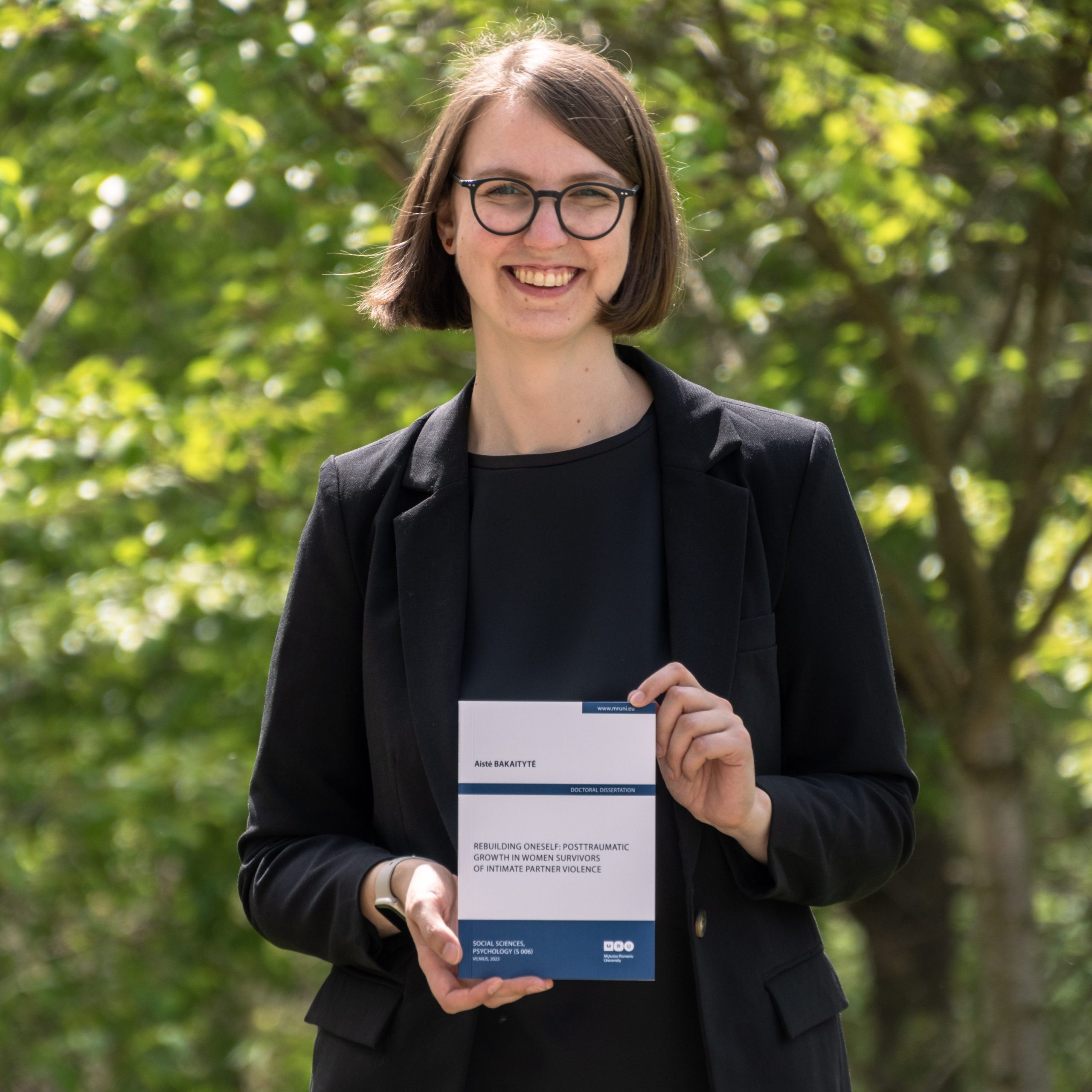
Project leader
Prof. Dr. Rita Žukauskienė is a full Professor at the Institute of Psychology and a Head of the Applied Psychology Research Laboratory, at Mykolas Romeris University (MRU). She is constantly involved in studying human psychological development (particularly, during adolescence and emerging adulthood), as well as the factors related to positive development and pro-social behavior. Up till now she has co-authored over 65 scientific publications, 5 monographs, 5 book chapters, 3 textbooks, and 2 policy recommendations, presented works in over 60 international scientific conferences. According to the Google Scholar Citation Index, H-Index: 43; i10-Index: 28; scientific articles have been cited more than 8750 times.
Prof. Dr. Rita Žukauskienė extensively publishes on identity formation and civic engagement during the adolescence. Her achievements were recognized in Lithuania, granting her the National Award for Excellence in Sciences in 2012 for the “Study of Psychological Well-being of Lithuanian Children, Adolescents and Adults (1997–2011)”.
She is an experienced leader of a number of big research projects with increasing productivity and international visibility. She acted as principal investigator in a number of large-scale longitudinal projects, including (but not limited) „Go Green: Understanding the psychological mechanisms of the development of pro-environmental behavior in the context of longitudinal intervention“ (GOGREEN), “Mechanisms of positive youth development in the context of socio-economical transformations” (POSIDEV).
More recently, she started research of individual and contextual factors related to pro-environmental behavior. This new line of the research is closely related to her previous studies on positive youth development, where the contribution to self, family, and the community, including civic engagement is directly related to pro-environmental behavior. Her research focuses on the investigation how pro-environmental behavior develops over time, and what socialization agents or factors play the most significant role in this process.

Dr. Audra Balundė leads the MRU Environmental Psychology Research Center and serves as a senior researcher for the ENVICI (S-MIP-21-60) and BIOTraCes (HORIZON-CL6-2022-BIODIV-01-09, No.: 101081923) projects, which explores environmentally friendly behavior and factors leading to it. Additionally, Audra was involved in research projects, such as “NAVIGATE_Navigating through the secondary school: The role of friends and parents” (No. 09.3.3-LMT-K-712-17-0009) from 2020-2023 and “GoGreen_Understanding the psychological mechanisms of the development of pro-environmental behavior in the context of longitudinal intervention” (No. 09.3.3-LMT-K-712-01-0017) from 2018-2021. To date, Audra has taken part in 8 scientific and networking projects.
Recently, Audra defended her PhD thesis at the Mykolas Romeris and Groningen universities. In her thesis Audra focused on environmental psychology topics. Audra‘s academic contributions include 10 scientific articles, 2 book chapters, and 4 applied research papers, along with recommendations for policy. Audra has presented at 46 national and international scientific conferences and has been featured over 40 times in media discussions on topics like eco-anxiety, green behavior, environmental activism, etc.
Audra is continuously improving her skills in seminars on science philosophy, methodology and statistics, and has completed internships at renowned institutions, including the universities of Groningen and Lisbon. A member of various international and national expert panels, she also founded the Environmental Psychology Working Group under the Lithuanian Psychological Association. This group’s mandate is to inform the mental health community on eco-anxiety and advocate for national acknowledgment and action on the issue.

Dr. Aistė Bakaitytė is a senior researcher at the Environmental Psychology Research Centre and the Applied Psychology Research Laboratory, and a lecturer at the Institute of Psychology at Mykolas Romeris University. She is a reasercher for the BIOTraCes (HORIZON-CL6-2022-BIODIV-01-09, No.: 101081923) project which explores psychological aspects related to preserving biodiversity. She was also a researcher in other longitudinal research projects, such as “Navigating through the secondary school: The role of friends and parents (NAVIGATE)” (No. 09.3.3-LMT-K-712-17-0009) from 2020-2023 and “Uncovering Child Sexual Abuse: Assessment of Life-time Prevalence and Development of Lithuanian version of Simulated Interview Software (UNCOVABUSE)”. Alone and with co-authors, dr. Aistė Bakaitytė have published 13 scientific articles, presented 16 times at both national and international conferences.

